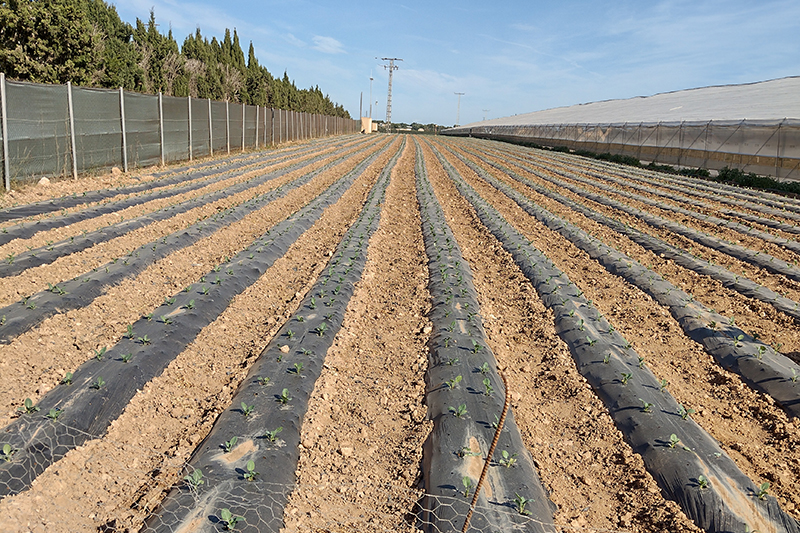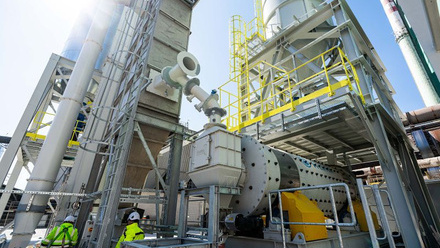'Biodegradable' bioplastics contaminate farms
'Biodegradable' bioplastics are remaining in soils for longer than the two-year industry standard, a scientific study finds.

Some 3,000 microplastics per gramme of sediment were found in samples from ditches surrounding agricultural fields.
The research was conducted by Wageningen University in the Netherlands and commissioned by Plastic Soup Foundation, a Dutch environmental charity.
They report the main reason for the pollution in soils is the use of plastic mulch to warm soil and prevent weeds.
According to the researchers, 80mln kg of mulch film are used every year, of which 5% is biodegradable (4mln kg).
Industry standard EN 17033 states that biodegradable plastic mulches should biodegrade in soils by 90% within two years' time. No regulation related to degradation in sediment of ditches is in place.
The study found high concentrations of microplastics derived from biodegradable plastic mulches that did not degrade in two years' time under field conditions.
Samples were taken at eight flower farms in the Netherlands in September 2022 and at eight coriander farms in Spain in November 2022.
Across the samples, the Wageningen group says there were 48% different types of microplastics, with 61% found to be fossil-fuel based and 39% bio-based.
'Biodegradable plant-based mulches were specifically developed to quickly degrade in soil. However, this study indicates that these biodegradability claims are open to serious question, since those particles move from soils and accumulate in sediments where they do not degrade any more,' says Lead Researcher Dr Esperanza Huerta Lwanga.







